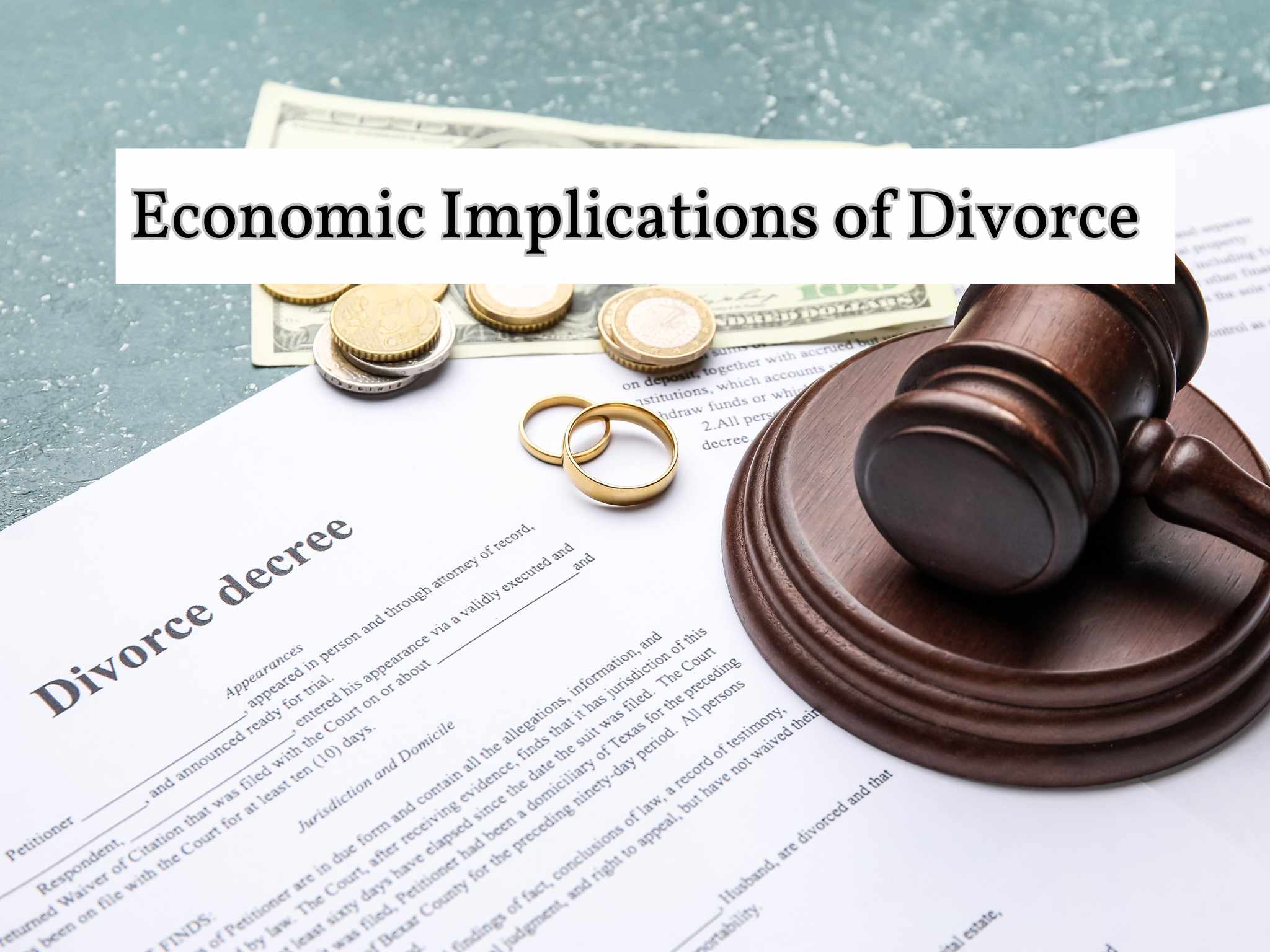Empowering Women and Protecting Low-Income Families in Divorce
For too long, the Philippines has clung to a legal system that traps individuals in unhappy marriages. The Roman Catholic brands it as the last bastion of Catholicism and the only remaining country apart from the Vatican prohibiting divorce. But the apparent “pride: is galling. The absence of divorce often means enduring emotional and physical abuse, economic hardship, and a loss of agency for women.
The proposed Divorce Bill offers a glimmer of hope in addressing these issues. However, the bill faces strong opposition from conservative religious groups and lawmakers who argue that it undermines the sanctity of marriage and family unity.
Key Points of the Absolute Divorce Bill of the Philippines 2024
- Grounds for Divorce: The bill includes grounds such as domestic or marital abuse, physical violence, moral pressure, drug addiction, habitual alcoholism, chronic gambling, homosexuality, bigamous marriage, marital infidelity, and abandonment, among others.
- Judicial Process: The bill mandates a judicial process to establish the grounds for divorce, ensuring that the dissolution of marriage is not abused or colluded.
- Cooling-off Period: A 60-day cooling-off period is required, during which the Family Court will attempt to reconcile the spouses.
- Remarriage: The bill allows divorced individuals to remarry, which is not permitted under current annulment and legal separation laws.
- Historical Context: The Philippines is one of the last countries, alongside the Vatican, without a divorce law. The bill seeks to align the country with global norms.
Criticisms of Legalizing Divorce
- Catholic Church Opposition: Faces strong resistance from the Catholic Church, which views divorce as “anti-Filipino” and a threat to family unity, potentially causing societal discord.
- Potential for Increased Divorce Rates: Concerns over a possible rise in divorce rates, which could impact the traditional family structure and societal values deeply rooted in Filipino culture.
- Impact on Children and Family Dynamics: Concerns about the potential negative impact on children’s welfare and the breakdown of family units, despite evidence suggesting that children may benefit from the dissolution of high-conflict marriages.
- Moral and Religious Arguments: Critics argue that divorce undermines the sanctity of marriage and family, with some suggesting that existing legal remedies like annulment and legal separation are sufficient.
It’s the economy, stupid!
But today, after an early argument with my husband about some budgeting concerns, I thought about the economic implications of divorce. I realize we are being trapped in these endless arguments blinding us to some of the most important concerns about the divorce law.
Which is that women are once again left vulnerable if this law is passed.
Because simply enacting a divorce law is not enough. We must ensure that it is accompanied by exhaustive and strong economic and social protections for women and families, ensuring that their freedom does not come at the cost of financial ruin and generational poverty. Yes, divorce can be a difficult and emotional journey, but it is important to address the potential financial implications, especially for those who may be in vulnerable situations.
I come from a middle-income family, and my husband is the one who works, Apart from my personal allowance, I have no real income that can support me. And if not for my sidelines I am vulnerable as well. So I am particularly concerned about the economic impact of divorce on low-income families and women. With 49.4% of Filipino women not in the workforce and financially dependent on husbands, the inability to divorce leaves many economically trapped in unhappy marriages, risking poverty if they separate informally without legal protections. Lower-income women are disproportionately affected. While the law aims to provide legal recourse for irreparably broken marriages, strong safeguards should be incorporated on the divorce law itself to help mitigate the financial burden on women and empower those who may be disproportionately affected.
Addressing the Economic Challenges for Low-Income Families
As statistics prove, both from the United States and Canada with strong Divorce Laws, divorce can often lead to a significant drop in household income, with women and children bearing the brunt of the economic impact. According to studies, nearly 50% of households with children move into poverty following a divorce. This financial instability can have far-reaching consequences, perpetuating the cycle of poverty and limiting opportunities for growth and development.
To address these concerns, the Divorce Law should include provisions that prioritize the economic well-being of low-income families. Here are some recommendations:
- Affordable Legal Access: Waiving legal fees and providing court-appointed lawyers for those who cannot afford legal representation can ensure that low-income individuals have access to the legal system without prohibitive costs.
- Adequate Child and Spousal Support: Mandating fair and enforceable child and spousal support payments, with clear guidelines for calculating support amounts based on the non-custodial parent’s income, can help mitigate the financial impact on single parents.
- Strengthening Social Safety Nets: Enhancing access to welfare benefits, housing assistance, and healthcare services can provide a temporary financial safety net for divorced individuals and their families during the transition period.
- Economic Empowerment Programs: Implementing job training, education, and employment assistance programs can help divorced individuals, especially women, gain financial independence and improve their economic stability post-divorce.
Empowering Women in the Divorce Process
Women often face greater economic challenges after a divorce, with studies showing that their median income can drop by as much as 30%. This disparity can be attributed to various factors, including income inequality, career interruptions due to caregiving responsibilities, and a lack of financial literacy.
To empower women and promote gender equality, the Divorce Law should incorporate the following measures:
- Fair Division of Assets: Ensuring an equitable division of marital property, considering non-monetary contributions such as homemaking and childcare, can help women maintain financial stability post-divorce.
- Financial Literacy Programs: Offering financial literacy programs and counseling services can help women understand their financial situation, manage their finances, and plan for their future[5].
- Spousal Support Enforcement: Establishing robust mechanisms to monitor and enforce spousal support payments, such as wage garnishment, penalties for non-payment, and regular reviews to adjust support amounts based on changes in income.
- Access to Professional Guidance: Encouraging women to seek guidance from financially savvy divorce attorneys and Certified Divorce Financial Analysts can ensure that their long-term financial interests are protected during the divorce settlement[.
The Role of the Community and Government
While the Divorce Law can provide a legal framework, addressing the economic challenges faced by low-income families and women during divorce requires a collaborative effort from the community and the government.
- Community Support: Strengthening community-based organizations and non-profits that provide financial assistance, counseling, and support services can help divorced individuals and families navigate the transition period.
- Government Initiatives: Implementing government-sponsored programs that offer financial aid, job training, and educational opportunities can empower divorced individuals and promote economic self-sufficiency.
- Public Awareness Campaigns: Raising awareness about the potential financial implications of divorce and the available resources can help individuals make informed decisions and seek support when needed.
There is a strong need to make sure that these measures are incorporated into the Divorce Law, By opening up these discussions and moving on from the religious battleground, advocates of divorce can bring these discussions to the foreground, and we can ensure that women and low-income families are adequately protected during the divorce process. It is our collective responsibility to make sure that this Divorce Bill being passed will not merely be a decorative law.
As we advocate for the passage of a divorce bill, we must simultaneously champion the inclusion of comprehensive economic and social safeguards. It must empower individuals, promote gender equality, and break the cycle of poverty, enabling everyone to pursue happiness and financial stability.

